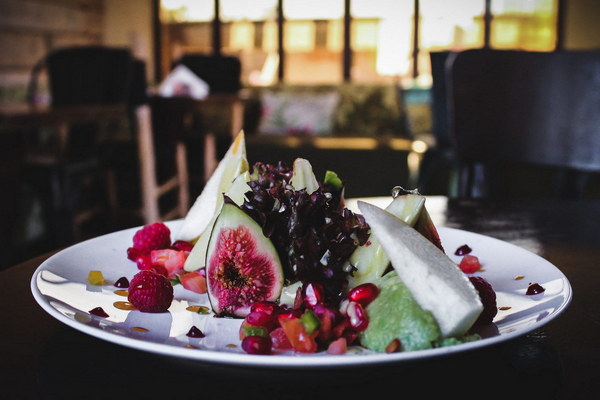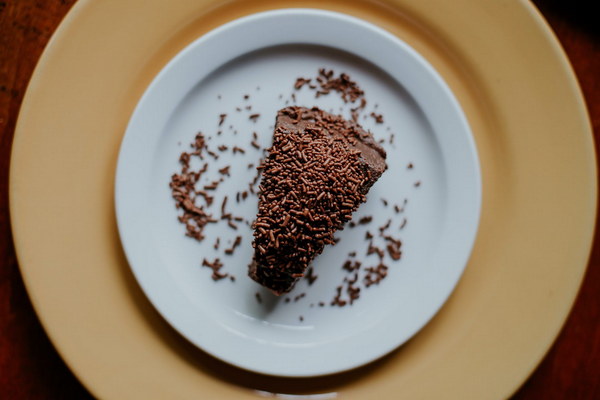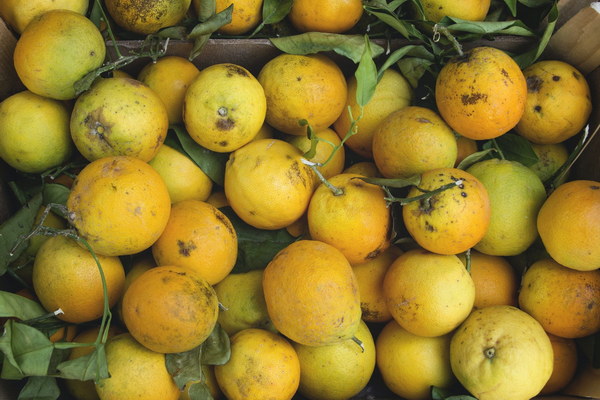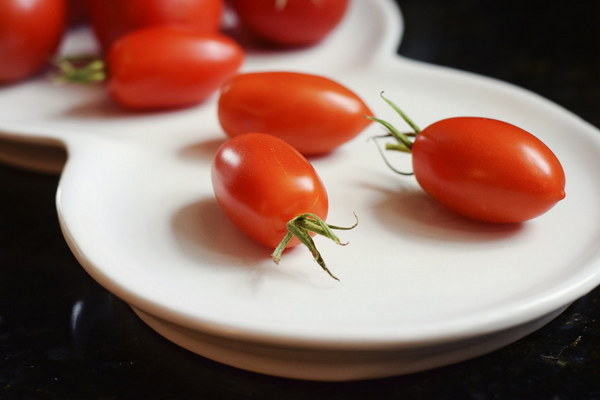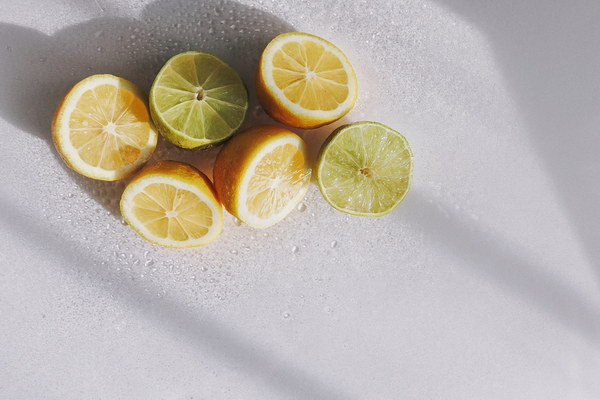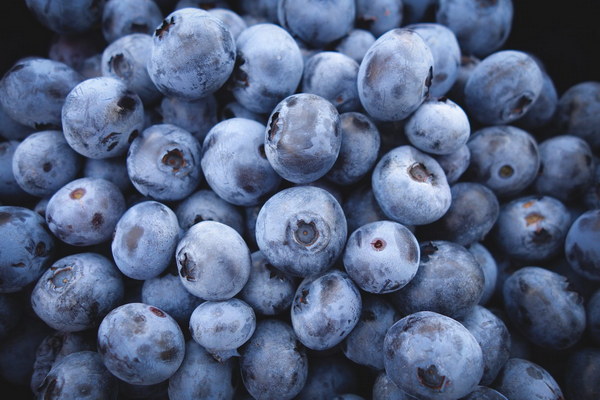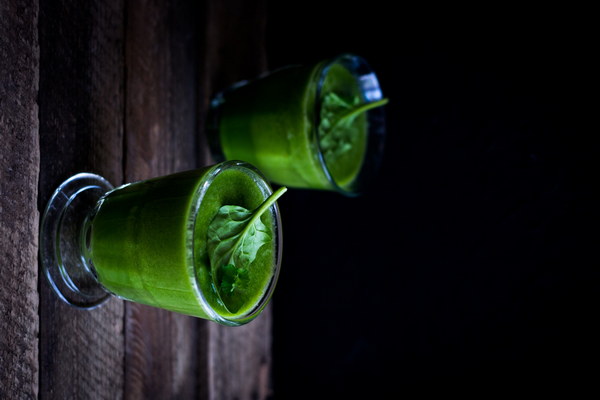Revitalizing Your Vitality A Comprehensive Guide to Nourishing Your Jing and Strengthening Your Kidneys
In the pursuit of health and longevity, the ancient wisdom of Traditional Chinese Medicine (TCM) offers a unique perspective on the importance of maintaining the balance and strength of the Jing and Kidneys. Jing, often translated as essence, is considered the foundational energy of the body, while the Kidneys are believed to be the root of vitality and sexual health. Here's a comprehensive guide to nourishing your Jing and strengthening your Kidneys, according to TCM principles.
Understanding Jing and Kidneys
In TCM, Jing is the vital essence that is inherited from one's parents and is the basis for growth, development, and reproduction. It is also associated with one's overall health and longevity. The Kidneys, on the other hand, are the organ system responsible for storing Jing and are closely linked to bone health, hearing, and the regulation of hormones.
1. Diet and Nutrition
A diet rich in nutrients is essential for nourishing Jing and strengthening the Kidneys. Here are some key dietary recommendations:
- Adopt a Balanced Diet: Consume a variety of whole foods, including fruits, vegetables, lean proteins, and whole grains. This ensures a diverse intake of vitamins, minerals, and antioxidants.
- Include Kidney-Nourishing Foods: Foods like black beans, kidney beans, pork kidney, and goji berries are believed to nourish the Kidneys and Jing. These foods are rich in nutrients and can be included in a balanced diet.
- Minimize Hot and Spicy Foods: Excessive consumption of hot and spicy foods can deplete Kidney Yin and lead to an imbalance in Jing.
- Stay Hydrated: Adequate water intake is crucial for overall health and helps to maintain the balance of body fluids, which is important for Kidney function.
2. Lifestyle Adjustments
Lifestyle plays a significant role in maintaining the health of your Jing and Kidneys. Consider the following adjustments:
- Regular Exercise: Engage in moderate-intensity physical activity such as walking, swimming, or tai chi. Exercise improves blood circulation and strengthens the body's overall energy.
- Adequate Sleep: Ensure you get enough restful sleep, as sleep is essential for the body's rejuvenation and the restoration of energy.
- Reduce Stress: Chronic stress can deplete Jing and weaken the Kidneys. Practice stress-reducing techniques such as meditation, deep breathing exercises, or yoga.
- Limit Sexual Activity: Excessive sexual activity can deplete Jing. It's important to find a balance that suits your body's needs and to avoid overindulgence.
3. Herbs and Supplements
TCM utilizes various herbs and supplements to nourish Jing and strengthen the Kidneys. Some commonly used herbs include:
- Goji Berries (Lycium barbarum): Known for their ability to nourish Kidney Yin and improve vitality.
- He Shou Wu (Polygonum multiflorum): Believed to tonify the Kidneys and enhance fertility.
- Schisandra (Schisandra chinensis): Used to support the Kidneys and boost the immune system.
- Ginseng (Panax ginseng): Known for its adaptogenic properties, which help the body adapt to stress and support overall energy.

4. Acupuncture and Massage
Acupuncture and massage therapy can be beneficial for balancing the body's energy and supporting the health of the Kidneys and Jing. These practices can help to reduce stress, improve circulation, and promote relaxation.
Conclusion
Nourishing your Jing and strengthening your Kidneys is a holistic endeavor that involves a combination of dietary, lifestyle, and complementary therapies. By following the principles of TCM and making mindful choices, you can enhance your overall well-being and promote longevity. Remember to consult with a healthcare professional or a qualified TCM practitioner before starting any new treatment or making significant changes to your lifestyle.

